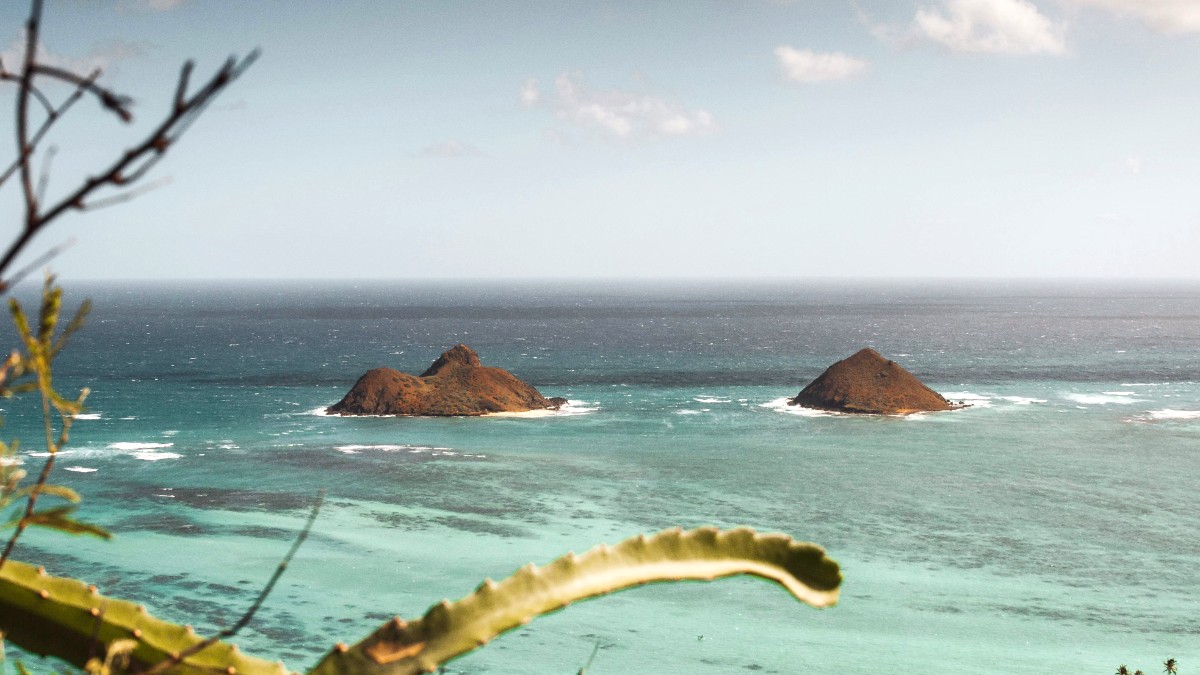
Hawaii, USA
This protected wetland serves as a wildlife sanctuary, especially for endangered Hawaiian waterbirds. It highlights the importance of preserving natural habitats.
These offshore islets are designated seabird sanctuaries. Access to Moku Iki is restricted to protect nesting birds, showing efforts to safeguard marine life.
The coral reefs surrounding Hawaii form a fragile ecosystem. Protection by law safeguards their immense ecological value and biodiversity.
Local practices and broader efforts support environmental health.
Proper waste disposal and recycling contribute to a cleaner environment.
Choose travel services that prioritize sustainability.
Mitigate your travel's environmental footprint.
Support businesses with fair and ethical practices.
Dine at locally owned restaurants and food trucks. Rent gear like kayaks or bicycles from Kailua businesses. Purchase souvenirs directly from local artisans.
Consider volunteering with local conservation efforts like beach cleanups. Donate to Hawaiian cultural or environmental non-profits, such as The Rainforest Site.
Remember "Malama Aina" (Care for the Land). This core Hawaiian value encourages respecting and protecting the environment. Integrate this philosophy into your travel choices.
Engaging respectfully with Hawaiian culture and its people defines responsible travel.
Support initiatives that safeguard Hawaiian heritage.
Your conduct shapes your experience and local perception.
Be aware of local residents' privacy in shared spaces.
Show reverence at places of worship and cultural significance.
Responsible travel involves being aware of potential exploitation.
Avoid commercial tours or activities that exploit animals or natural resources. Research tour operators to ensure they practice ethical tourism.
Do not buy items made from endangered species, like real turtle shell or black coral. These are illegal to possess and promote harmful practices.
If donating, research local non-profits focused on environmental conservation, cultural preservation, or community support for impactful contributions.